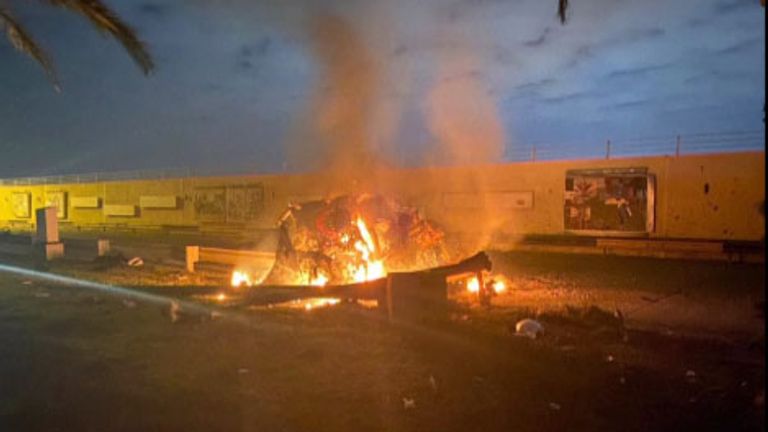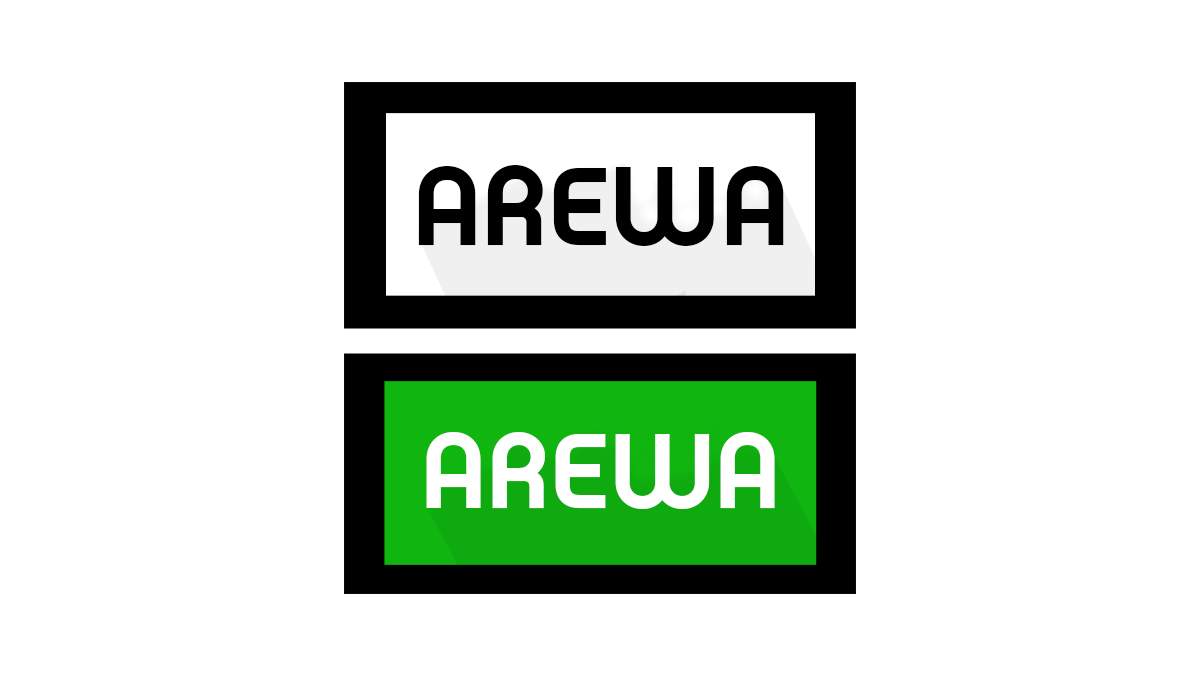The commander of the elite Quds Force of the Revolutionary Guards was killed in a US air strike on his convoy at Baghdad airport.
Maj Gen Soleimani, 62, had been spearheading Iran’s growing military influence in the Middle East. His movements were closely watched by the United States, Israel and Saudi Arabia. The force he lead could be compared to a combination of America’s CIA and special forces.
The US believes he was behind attacks on American forces in the region for the past two decades. Last year, it designated the Revolutionary Guards as a foreign terrorist organisation.
In 2018, Soleimani was seen in a video clip warning the US president: “I’m telling you Mr Trump the gambler, I’m telling you, know that we are close to you in that place you don’t think we are. You will start the war but we will end it.”
In recent years Soleimani deployed his forces in Syria’s war to support President Bashar al Assad. He was also seen on battlefields, guiding Iraqi Shia groups in the war against Islamic State.
Here are some of the main details of his life and career:
- Soleimani was born into an agricultural family in the town of Rabor in southeast Iran on 11 March 1957, going on to work in construction and for the water department
- When the revolution to oust the Shah of Iran began in 1978, Soleimani organised demonstrations against the monarch
- He volunteered for the Revolutionary Guards and quickly rose through the ranks after war with Iraq broke out in 1980
- He became head of the Quds Force in 1998
- In 2007, at the height of the civil war between Sunni and Shia militants in Iraq, the US military accused Soleimani’s Quds Force of supplying improvised explosive devices to Shia fighters, leading to the deaths of scores of American soldiers
- According to diplomatic cables published by Wikileaks, the overall head of US forces in Iraq at the time, General David Petraeus, sent messages to Soleimani through Iraqi officials
- In summer 2015 he visited Moscow in what was said to be the first step in planning for Russia’s military intervention to support President al Assad, a move that reshaped the Syrian civil war
- The US Treasury sanctioned him for the Quds Force’s support for Hezbollah in Lebanon and other armed groups, and for his role in Syria’s crackdown against protesters
- Soleimani is alleged to have been involved in a plot to assassinate the Saudi ambassador to the United States
- Iran’s Supreme Leader, Ayatollah Ali Khamenei, awarded him the Order of Zolfiqar medal, Iran’s highest military honour, last year
- Soleimani is understood to have directly reported to Ali Khamenei, Iran’s Supreme Leader. Outside of domestic policy, the Major General was seen as the second most powerful person in the country. Commentators have compared his status to that of the Vice-President of America.



